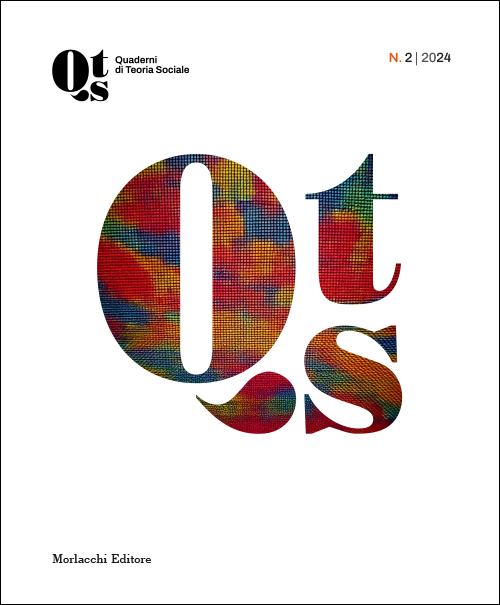Sex-influencer. Liberare il sesso tra logiche di mercato e culture digitali
DOI:
https://doi.org/10.57611/qts.v4i2.477Parole chiave:
Sex-influencer, Digital sexuality, Market logics, Shadowbanning, Sex positivityAbstract
This article explores the intersection of sexuality and social media, focusing on the emerging role of sex-influencers within digital cultures. These individuals, who use platforms such as TikTok, Instagram, and YouTube to share content related to intimacy and sex, act as cultural mediators between users and issues of sexual health, education, and rights. By analysing the historical and cultural context of communication about sexuality, the article discusses the evolution of discourse on sexuality from traditional to social media, highlighting the shift from an era of restriction to one of increased visibility and openness. This article examines the role of sex-influencers in shaping conversations and perceptions about sexuality in an era defined by neoliberal ideologies, ethical issues, and challenges related to online censorship, including but not limited to shadowbanning. Furthermore, the article discusses the notion of sex positivity as a fundamental element of these influencers’ digital activism, while acknowledging the tensions between sexual liberation and the dynamics of commodification and depoliticisation of discourses on sexuality. The article invites critical reflection on the transformative potential and contradictions inherent in the influence of digital sex-positivity, and highlights the need for further empirical research to better understand its impact on activist audiences and practices.
##submission.downloads##
Pubblicato
Fascicolo
Sezione
Licenza
Copyright (c) 2024 Cosimo Marco Scarcelli

Questo lavoro è fornito con la licenza Creative Commons Attribuzione - Non commerciale 4.0 Internazionale.
<a rel="license" href="http://creativecommons.org/licenses/by-nc/4.0/"><img alt="Licenza Creative Commons" style="border-width:0" src="https://i.creativecommons.org/l/by-nc/4.0/88x31.png" /></a><br />Quest'opera è distribuita con Licenza <a rel="license" href="http://creativecommons.org/licenses/by-nc/4.0/">Creative Commons Attribuzione - Non commerciale 4.0 Internazionale</a>.






